The North Country Rights of Rivers Movement
Blake Lavia and Tzintzun Aguilar-Izzo, directors of Talking Rivers, Inc., and funders of the environmental storytelling collective Talking Wings, have been championing the “Rights and Rites of Nature” concept in the St. Lawrence River/ Kaniatarowanénhne Watershed, Haudenosaunee Territory. “Rights of Nature” is an international movement that strives to grant civil rights type rights to natural entities, such as rivers, ecosystems, and non-human species. Cultures across the globe have recognized the intrinsic personhood of the non-human world since time immemorial. Yet, in our “Western” extractivist society, nature is merely a commodity to be bought and sold. The Rights of Nature movement attempts to move past this utilitarian perspective, acknowledging, through the western legal system, the inherent rights of all communities.
In their work with Talking Wings, Blake and Tzintzun have been trying to take an additional step forward. They don’t just want to acknowledge the Rights of their natural relations. They also want to honor the “Rites” of the natural world. The “Rights” imbedded in the western legal system are an abstraction of the ancestral ties, the rituals and relationships that weave communities together. Natural entities and non-human species have their own societal/ecological roles and responsibilities within this larger tapestry of interdependent life. Humans are just another species among many, dependent on the surrounding non-human communities. It is our responsibility to choose the role we want to play and fulfill our own responsibilities towards the beings that keep water flowing and ecosystems flourishing.
Blake and Tzintzun started working on Rights and Rites of Nature under the Talking Wings umbrella. They had previously organized the “North Country Art, Land and Environment Summit.” which took place during the month of September 2020. Through a series of six events, the Summit explored the environmental future of the St. Lawrence River/ Kaniatarowanénhne Watershed. “Rights of Nature” came a year later, when Blake and Tzintzun first heard of the news coming from Orange Country, Florida (Seminole Territory), where voters overwhelmingly approved a measure that recognized the rights of rivers and streams. This spurred Blake and Tzintzun to investigate further and enter a world where they never thought they would venture, environmental lawmaking. After reading Justice William O. Douglas dissenting argument in the Sierra Club vs. Morton Supreme Court case, and Christopher D. Stone’s seminal essay, “Should Trees Have Standing?,” Blake and Tzintzun realized that “Rights of Nature” could be the needed next step in the fight for the future of the St. Lawrence River/ Kaniatarowanénhne Watershed.
“Rights of Nature” was the paradigm shift the environmental storytellers were looking for. It not only presented itself as an educational opportunity, inviting the local settler communities to reconsider their relationship with their environment, but it also offered a path forward for legal action on the local level. After coordinating the youth led “North Country Rights of Nature Symposium,” Blake and Tzintzun gained enough traction in the local communities to push for a local Rights of Rivers movement. Elders and youth, from the Mokawk Nation of Akwesasne and the adjacent settler communities, came together to write a sample blueprint law and declaration for the Bill of Rights and Responsibilities of the St. Lawrence River/ Kaniatarowanénhne. Since then, the Town of Potsdam, NY, has adopted a Rights of the Raquette River/ Ahná:wate Resolution, and is now moving forward to craft a local binding law and secure the inherent Rights of the Raquette River/Ahná:wate.
Other communities are following suit, and “Rights and Rites of Rivers” is fast becoming a bioregional movement involving human communities from Akwesasne to the Adirondack mountains. While the North Country effort mirrors the more than 40 different settler municipalities and tribal governments across the continent that have taken similar steps to protect their natural relations (not to mention countries like Panama, India, Ecuador, Spain, and New Zealand, among others), our goal is to create a bioregional alliance. Individually, local municipalities are subjected to larger State, federal, and corporate forces that usurp their authority and democracy. We believe that, in the face of the Climate Crises, local communities have the power to stand up and protect the Rivers they love, but they don’t have to face this crisis alone. Working with their neighbors, local governments can protect waterways and create governance structures to protect the rights of all communities. Thus, the fight for the “Rights of Rivers” has also become a struggle for local democracy, as human and non-human communities work together to nurture the ecosystems that bring life to all.
To continue with the educational efforts around Rights and Rites of Nature, Blake and Tzintzun, in collaboration with the former Upper St. Lawrence Riverkeeper, Lee Willbanks, have recently formed Talking Rivers, Inc. Their hope is to continue championing the movement, using art, storytelling, community conversations and online events. To nurture new reciprocal relations, we are using all the storytelling tools at our disposal, including the “western” legal system. Laws are themselves a transformative form of storytelling, for they shape the narrative that holds power over human and non-human lives. It is time the western legal system embraces ancestral storytelling methods to ask the vital question: how do we listen, honor, and protect our non-human relations?
Stay tuned for more information about the “Listening to Water Symposium” that will take place in person and online in the Fall of 2023, and feel free to reach out to ta***********@ri****.net to learn more or join the movement!

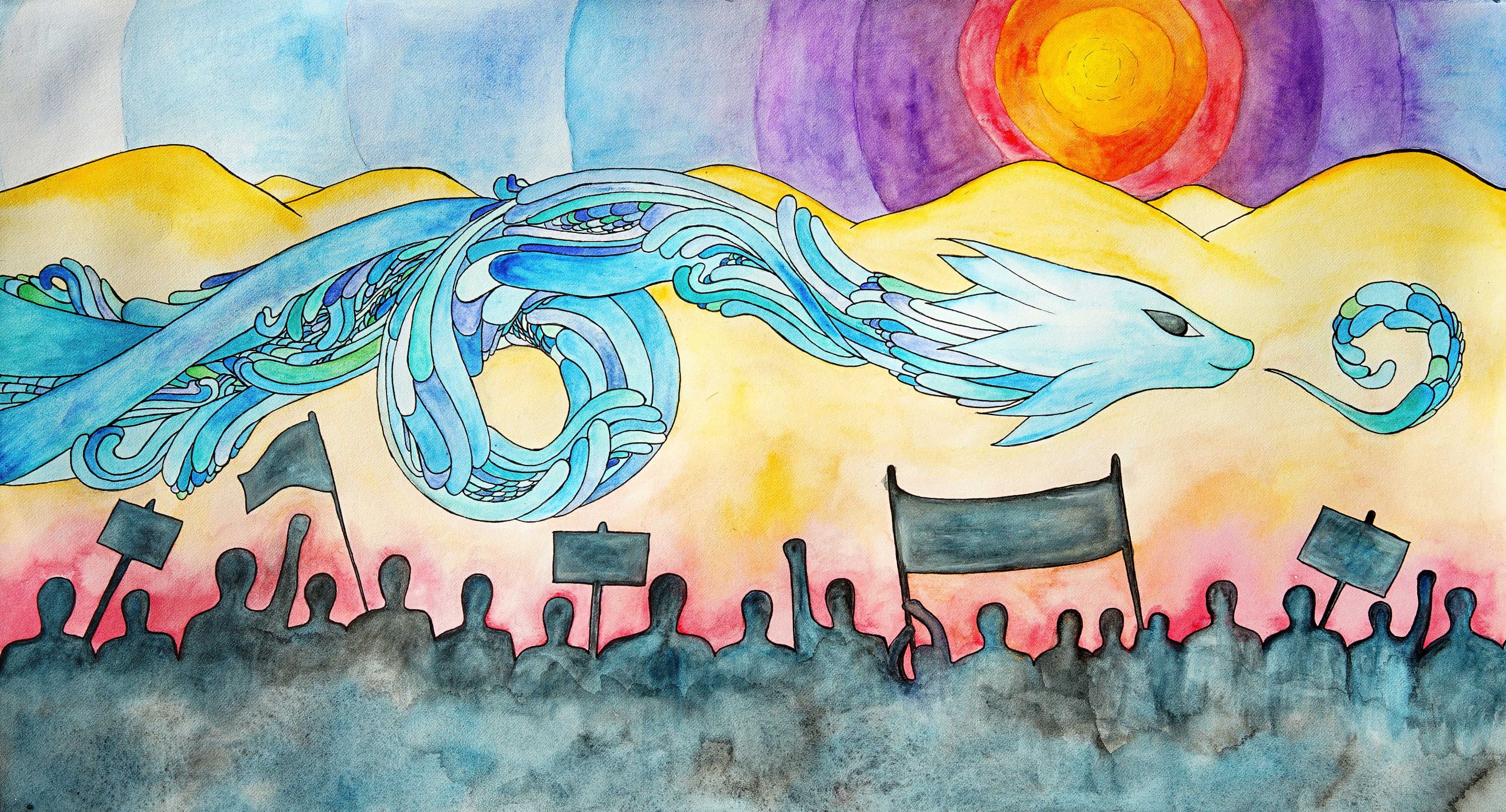
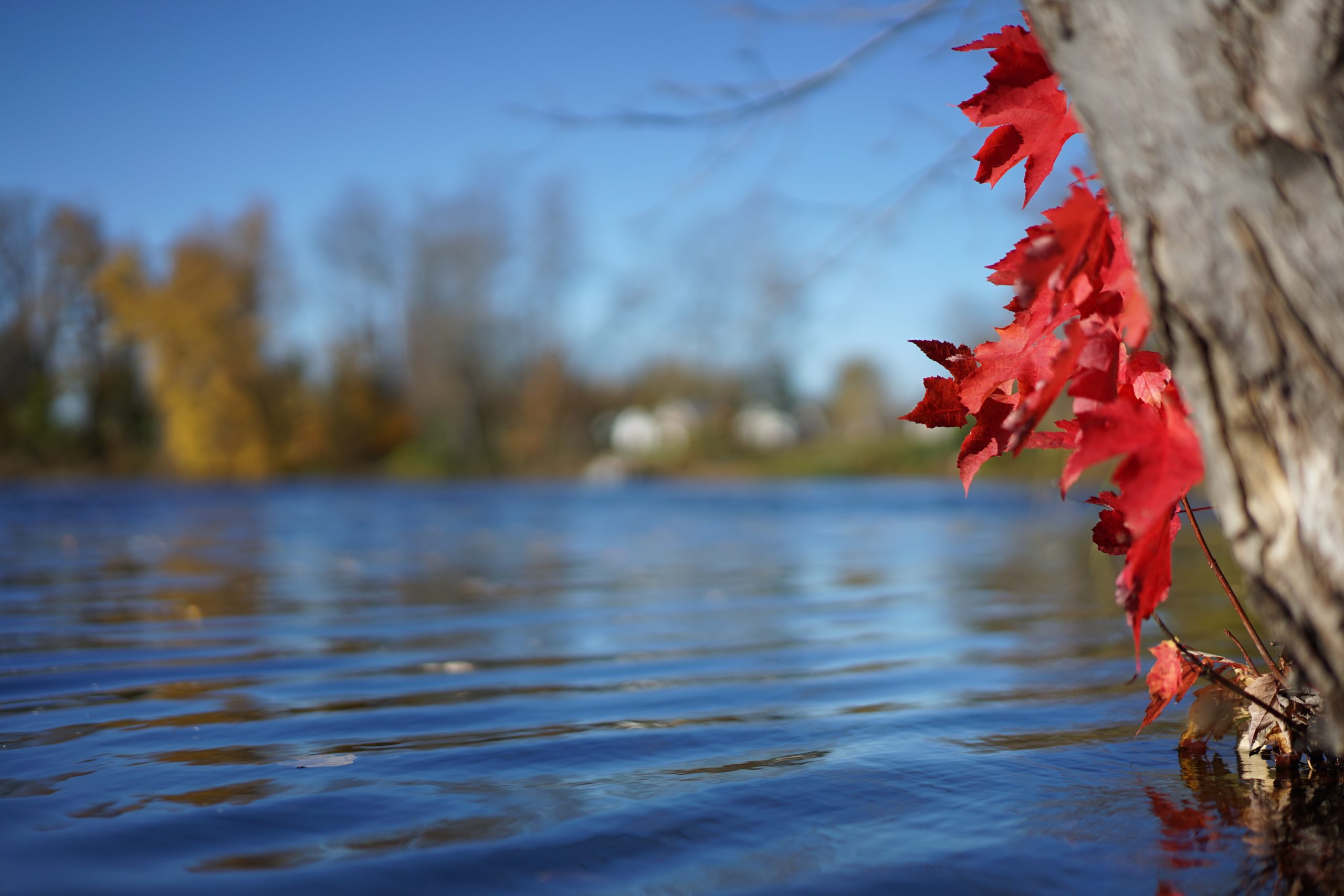
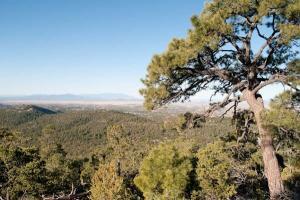
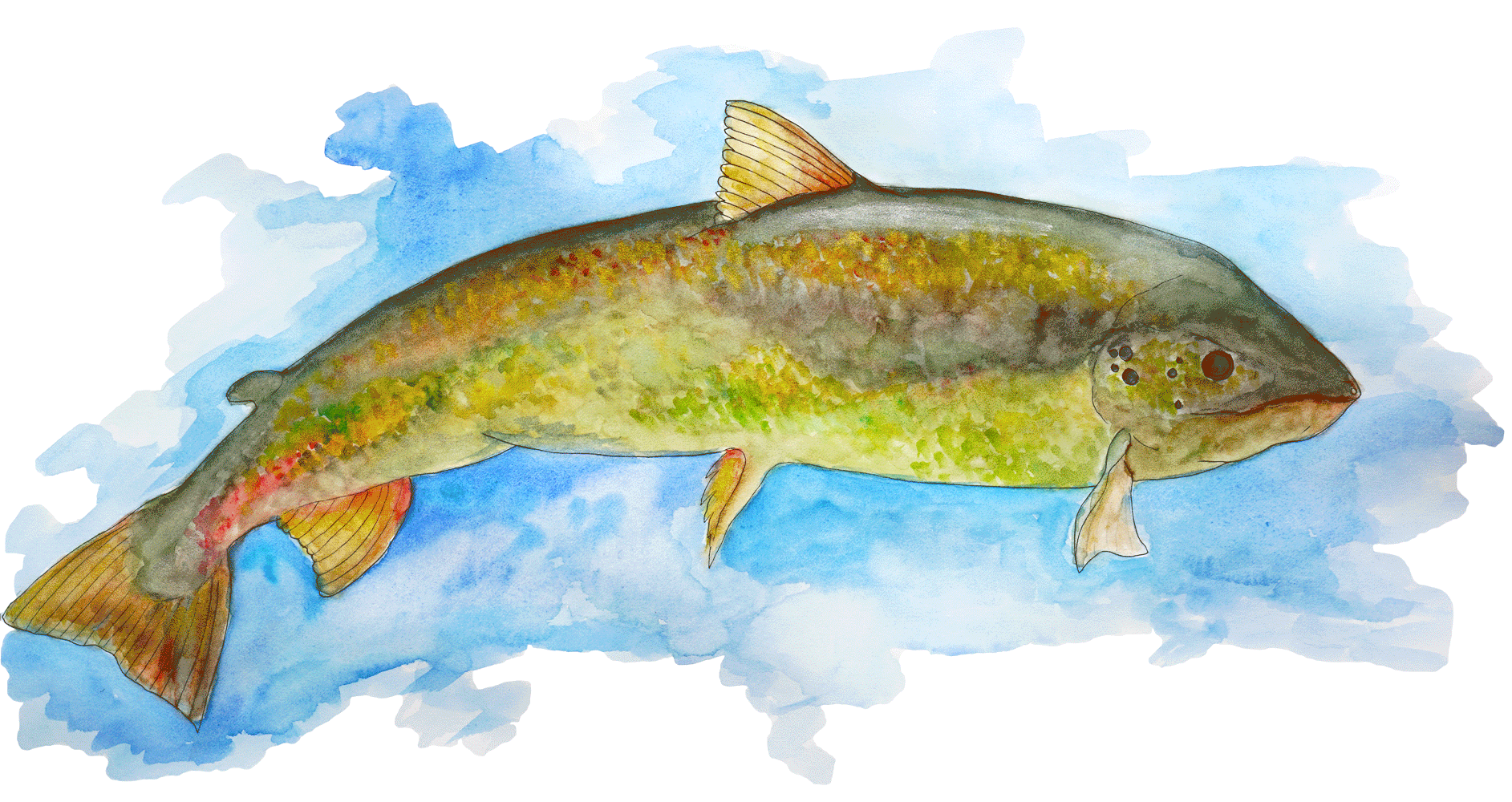
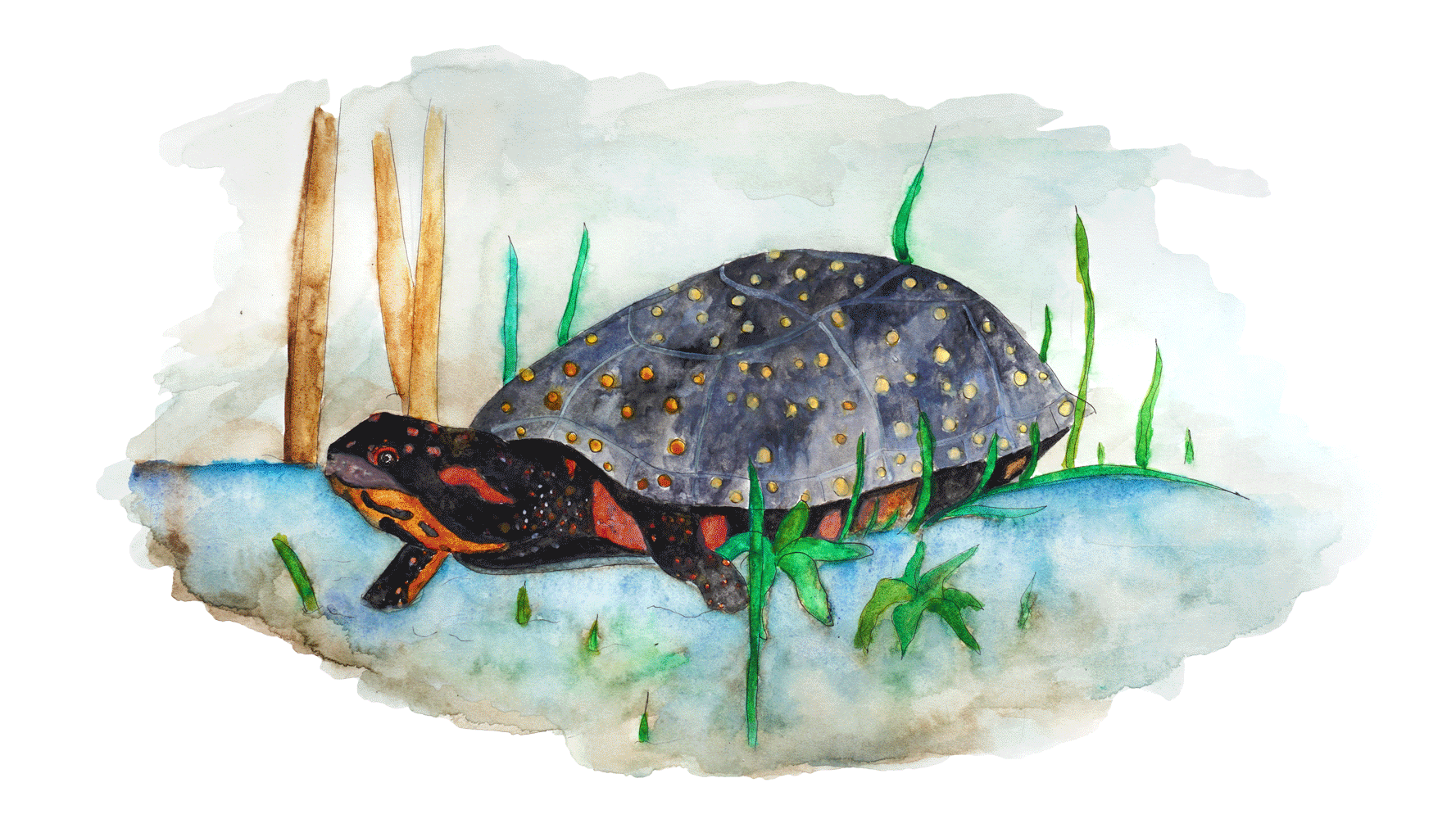
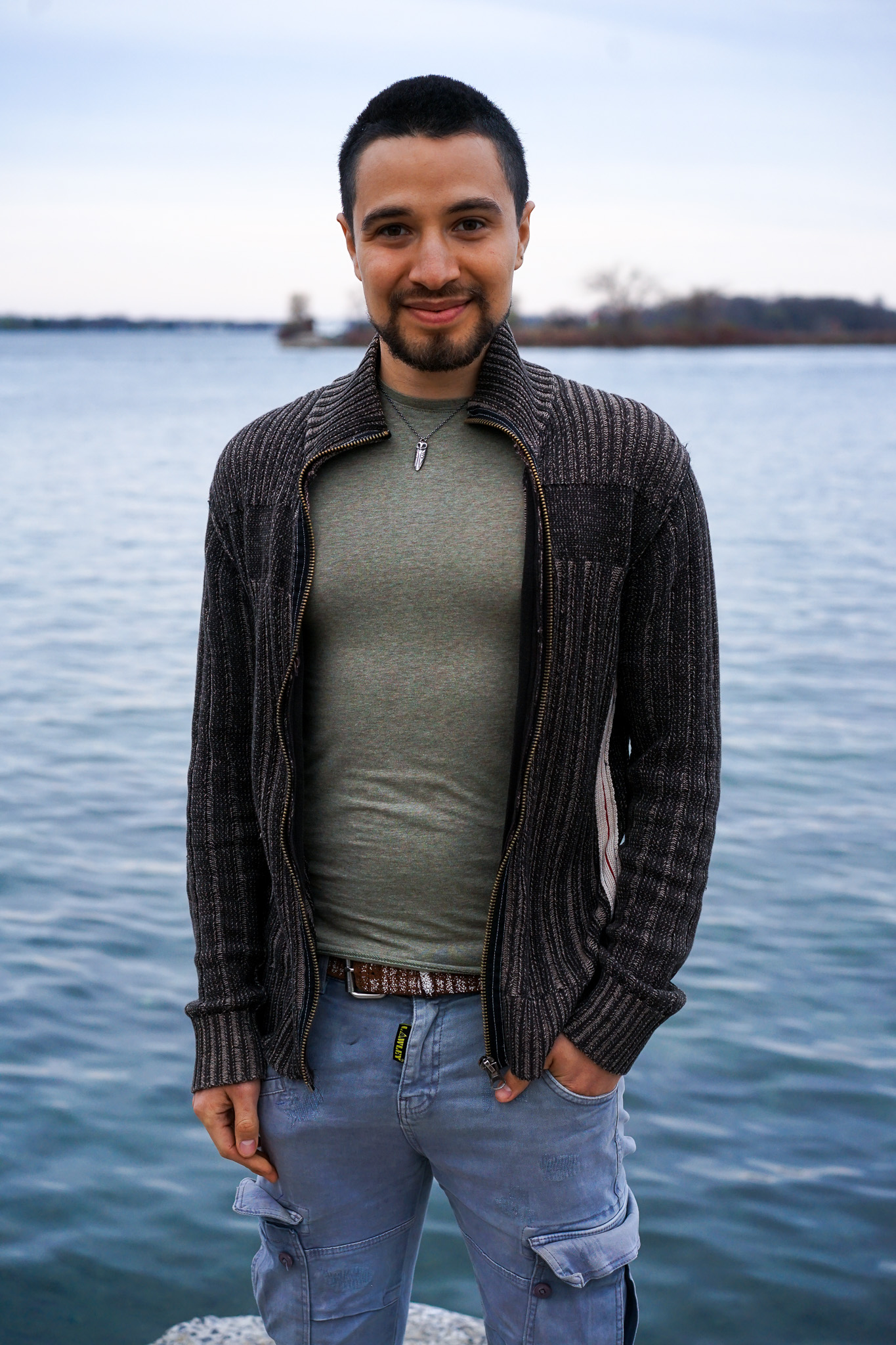
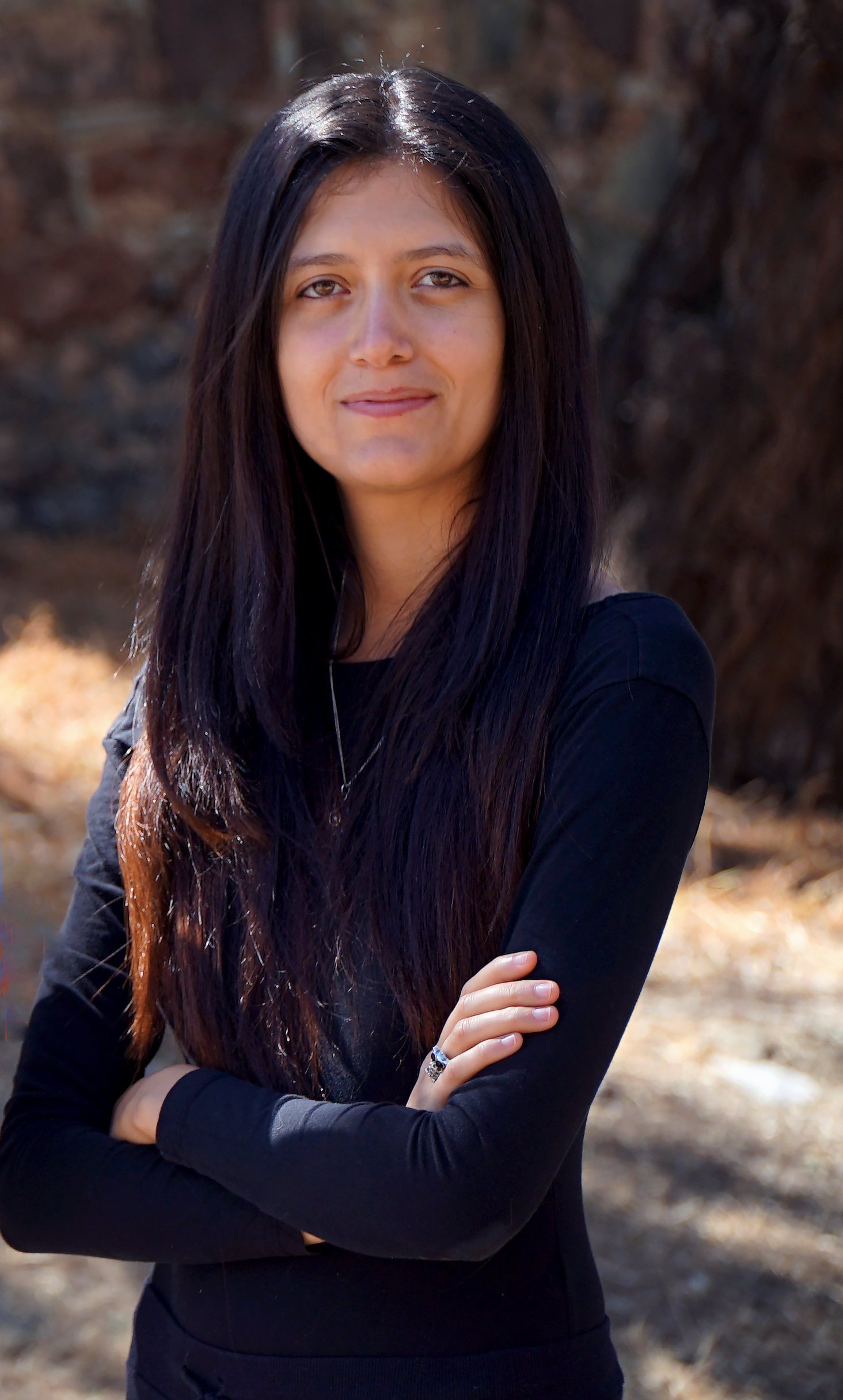
All species should have equal rights. The problem is that “rights” is a human concept. Rights do not exist naturally or on their own. If humans are making the rules here, and those humans are not evolved enough mentally and spiritually to realize that all species should have equal rights, then humans won’t provide them to other species. I applaud indigenous communities for giving equal rights to all species, but what about the colonizers who run the planet?